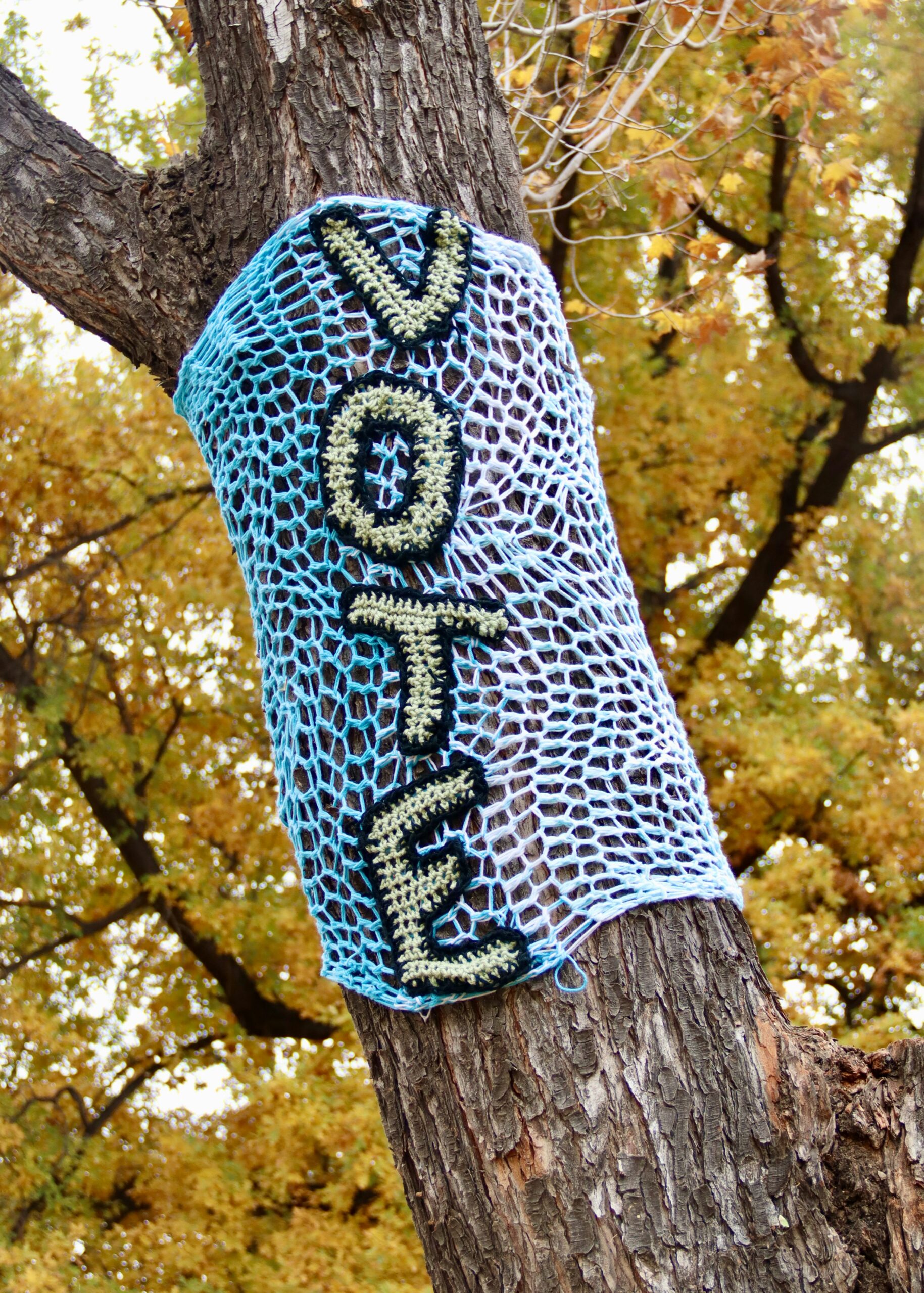
Essay ‘Un-Contest’ on Peaceful Elections
The War Prevention Initiative (WPI) is seeking submissions for an essay “un-contest” on peaceful elections.

Perspectives on Feminist Foreign Policy: Revealing New Narratives, Challenging The Status Quo
Read our summary report of our feminist foreign policy essay “un-contest” where we published 11 essays from emerging thought leaders around the world.

Politics of Violence Puts Us All in Extreme Danger
A nonviolent response is the only way forward The politics of violence is pervasive and corrosive, stretching from the Middle East to the streets of Los Angeles. The reckless and unnecessary military attacks by Israel’s Netanyahu government on Iran, the ongoing genocide in Gaza, the deployment of U.S. National Guard troops and Marines to silence … Read more

Local Capacities for Preventing and Rejecting Violent Conflict
The very existence of peaceful societies demonstrates that communities have options and agency even in the broader context of wartime violence.

Thinking About “Safety” and “Security”
Due to a broader context of militarism, “security” has become closely associated with military and/or armed approaches to defense and protection.
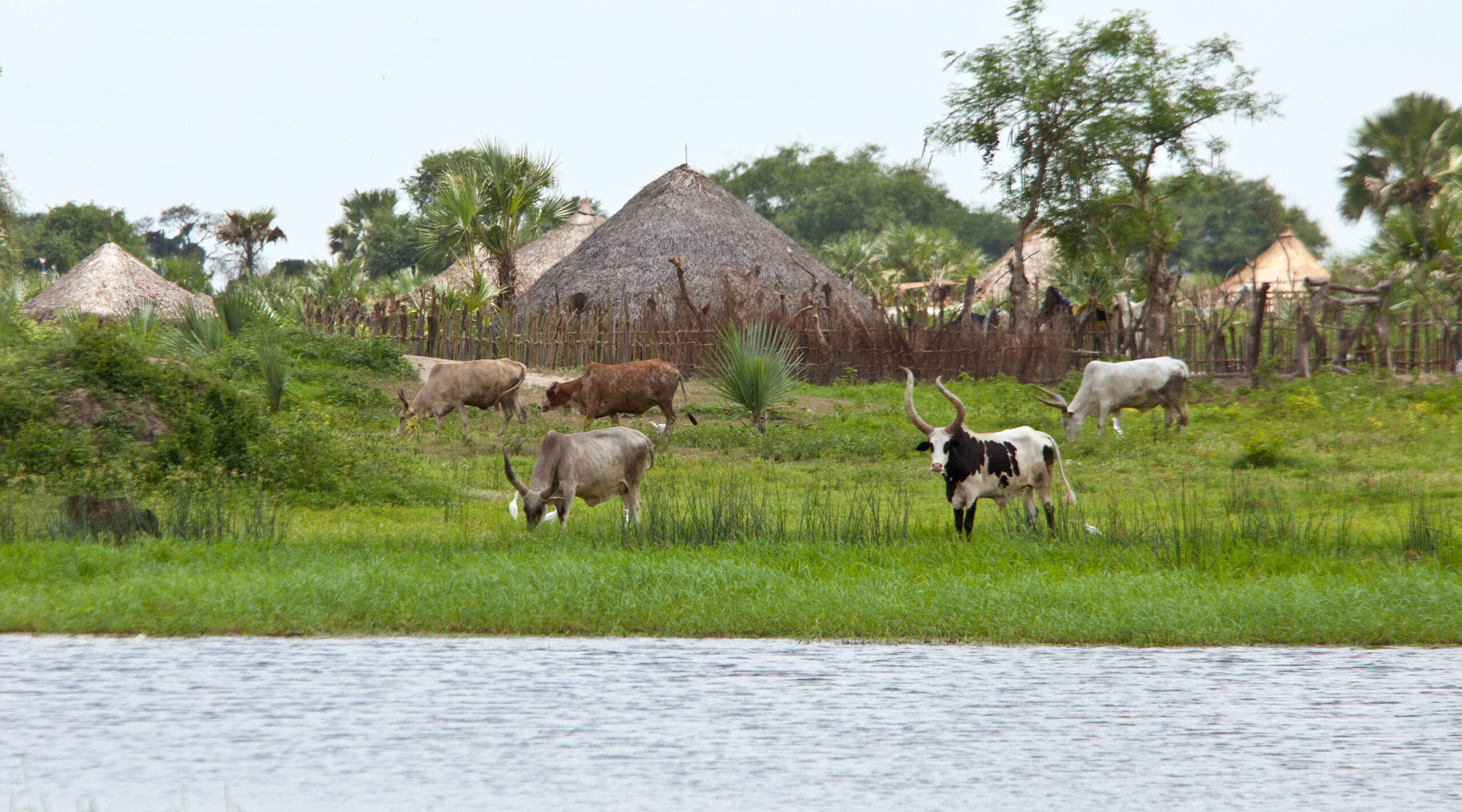
Familiarity as a Means of Protecting the Community Against Atrocity Crimes
In the context of violence in South Sudan, civilians leveraged relationships to overcome protection gaps left by external actors.
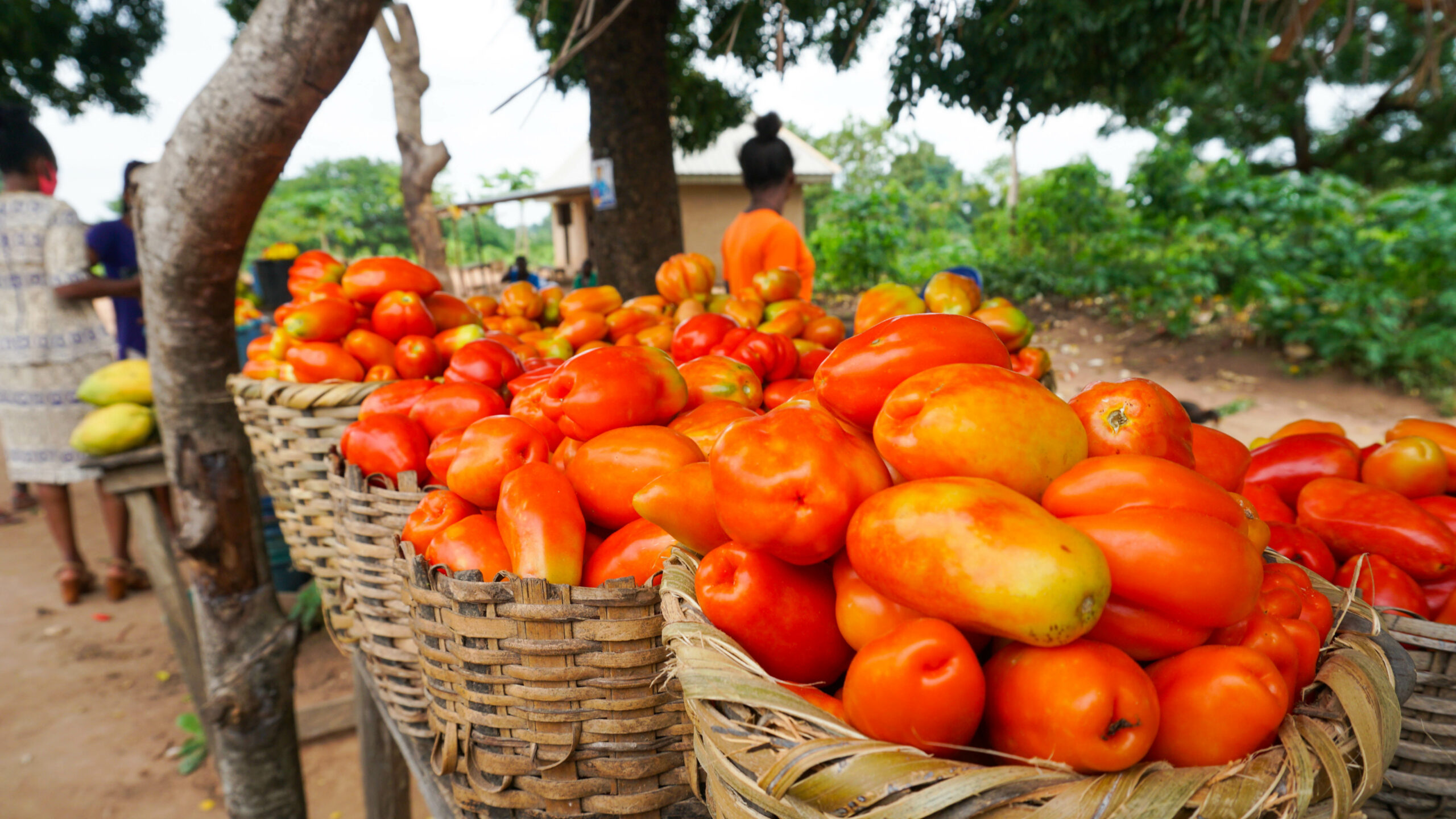
The Role of Community Gender Norms and Relations in Both Mobilizing and Preventing Violence in Jos, Nigeria
Different norms of masculinity, and the broader community’s cultivation of these, as well as women’s roles in encouraging or mitigating violence, significantly influence whether a community will mobilize for violence or resist participation in violence amidst communal conflict.

Beyond Victims or Peacebuilders: Women’s Participation in Security in Mathare, Kenya
When women’s contributions are overlooked due to an overwhelming focus on men’s security activities, “gendered political participation, social relations and socio-economic inequalities” are also overlooked as key components of security.
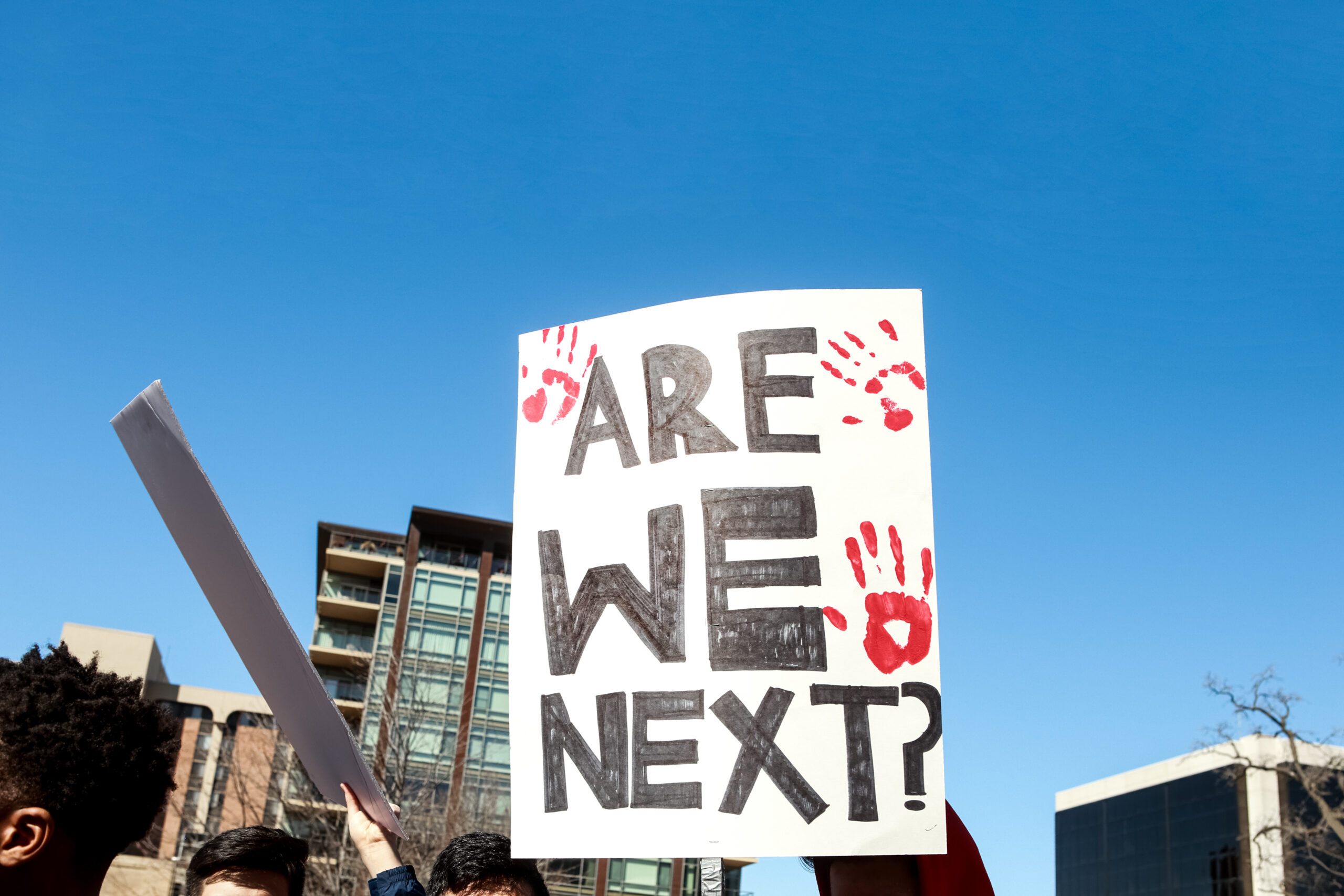
A Trauma-Informed Healing Approach to Urban Gun Violence
A public health-informed approach acknowledging racial trauma and emphasizing individual healing is a promising way to address urban gun violence.
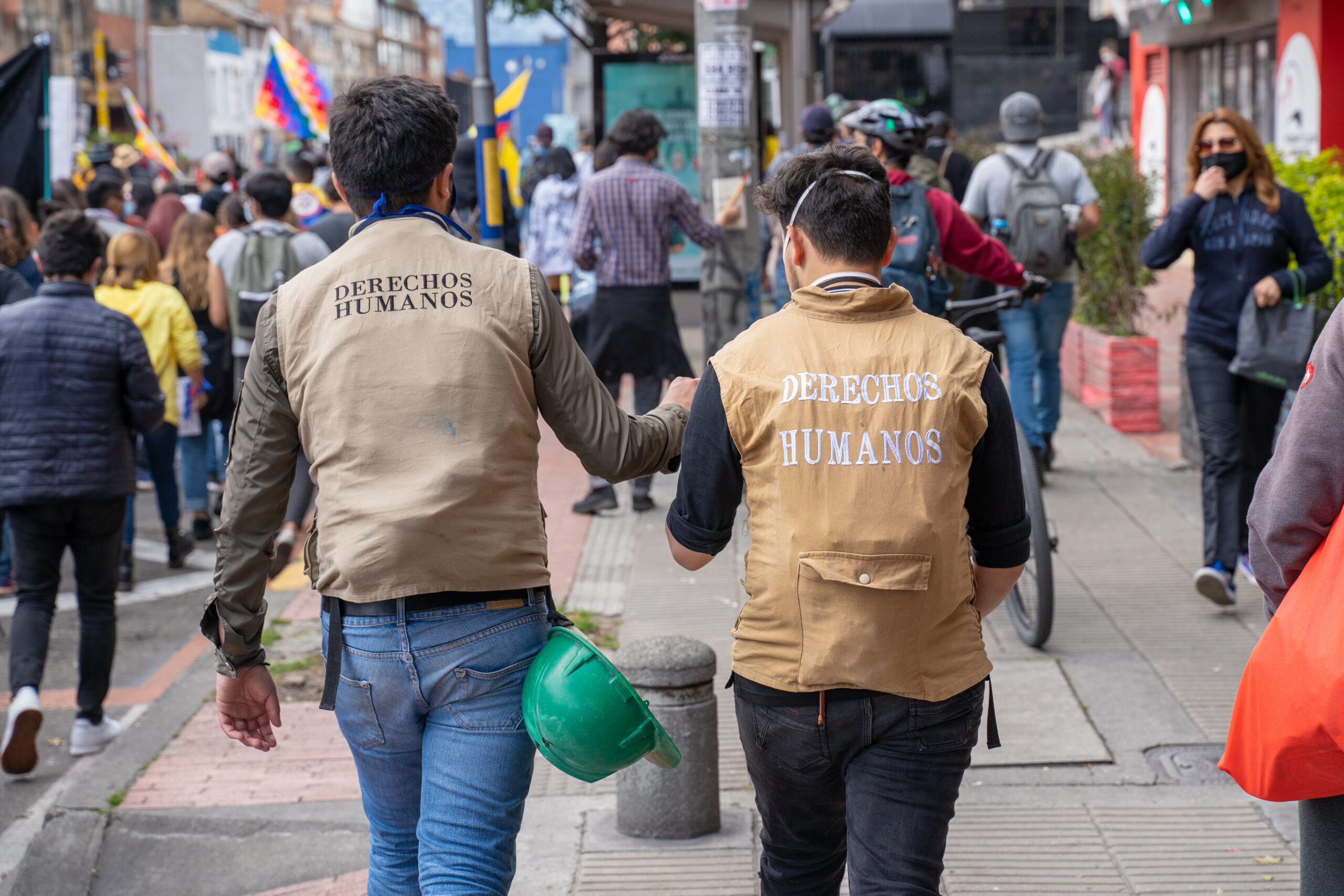
Colombia in Focus: Informing Practice
Contrary to mainstream thinking, armed actors are sensitive to more than just the threat or use of violence against them. When contemplating ways to protect civilians in the context of armed conflict, both local communities and external organizations can leverage multiple nonviolent forms of influence in their interactions with armed actors.
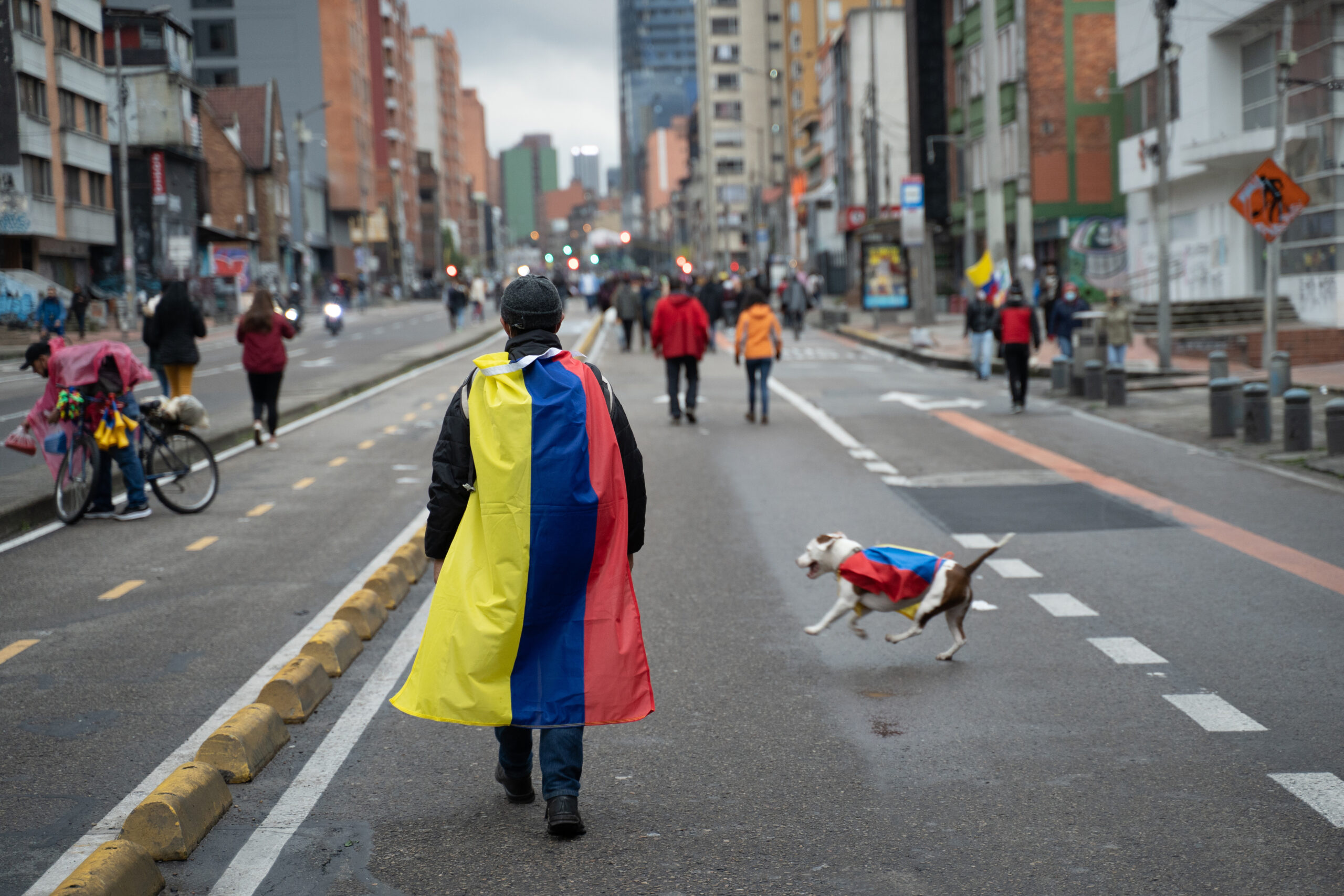
Colombia in Focus: The ICRC’s Support for Communities’ Self-Protection Efforts in Colombia
Communities and the ICRC have complementary protection capacities, with each “open[ing] up opportunities for dialogue with armed groups” in different ways.

Colombia in Focus: Explaining Armed Actors’ Compliance with Civilian Demands in Colombian Peace Territories
Armed actors depend on the cooperation of civilians in order to reach their objectives and therefore cannot achieve everything they wish to through violence alone.
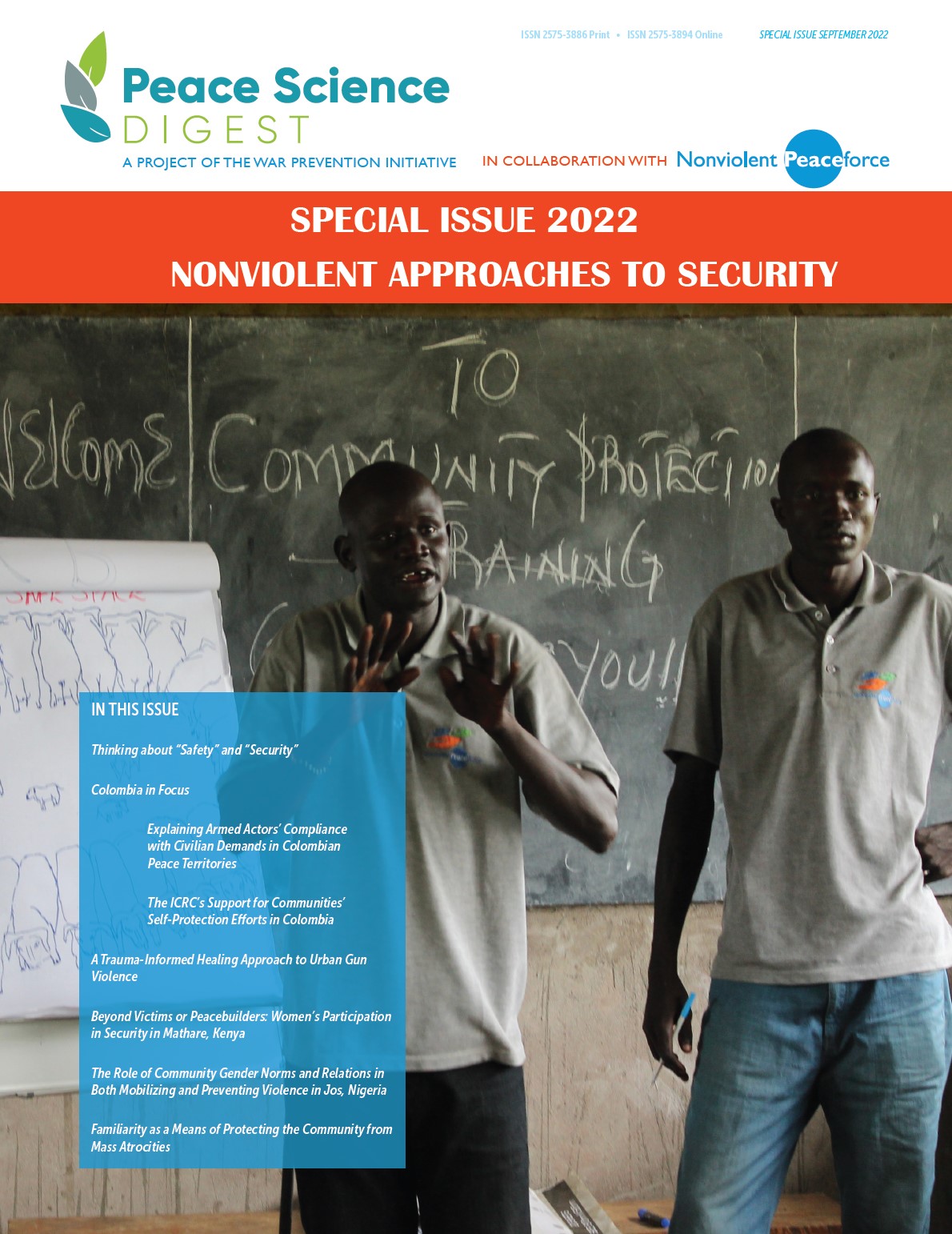
Special Issue: Nonviolent Approaches to Security
Click here to download the PDF version of the Special Issue Dear Readers, We are pleased to present our special issue on nonviolent approaches to security in collaboration with Nonviolent Peaceforce. This issue focuses on nonviolent, civilian-led strategies for protection and violence prevention in various violent contexts, ranging from civil … Read more
